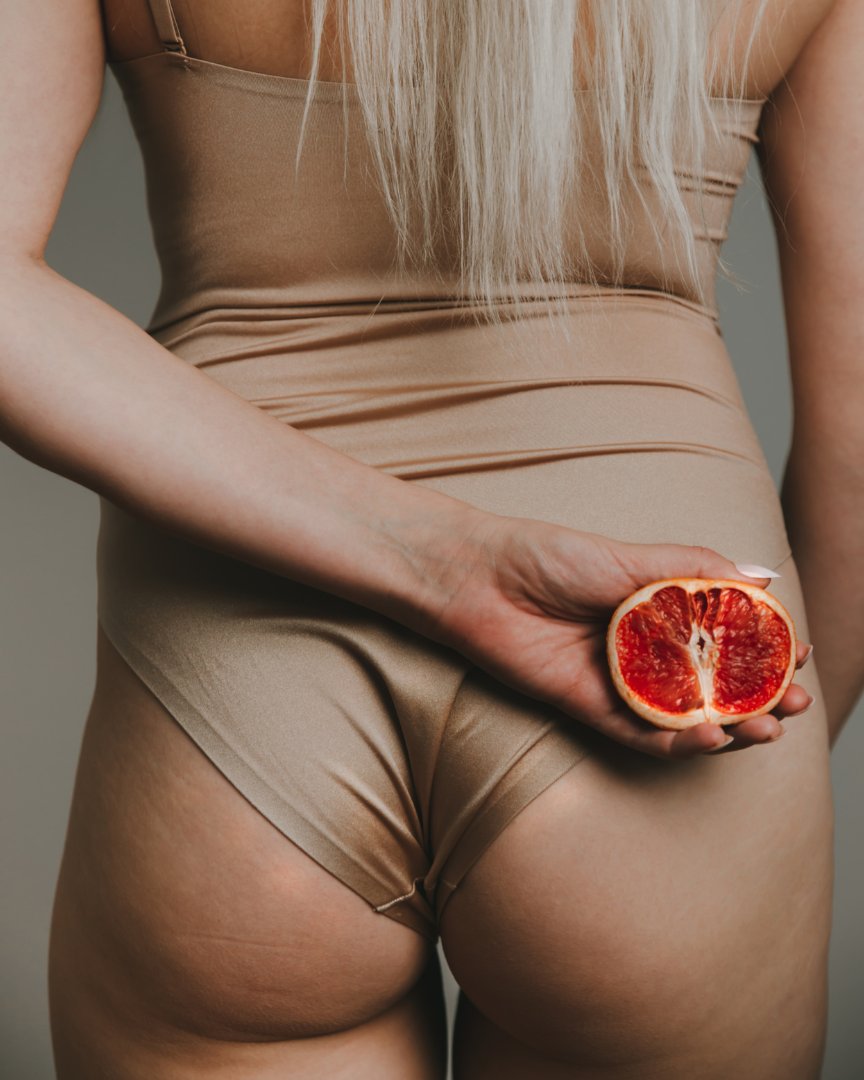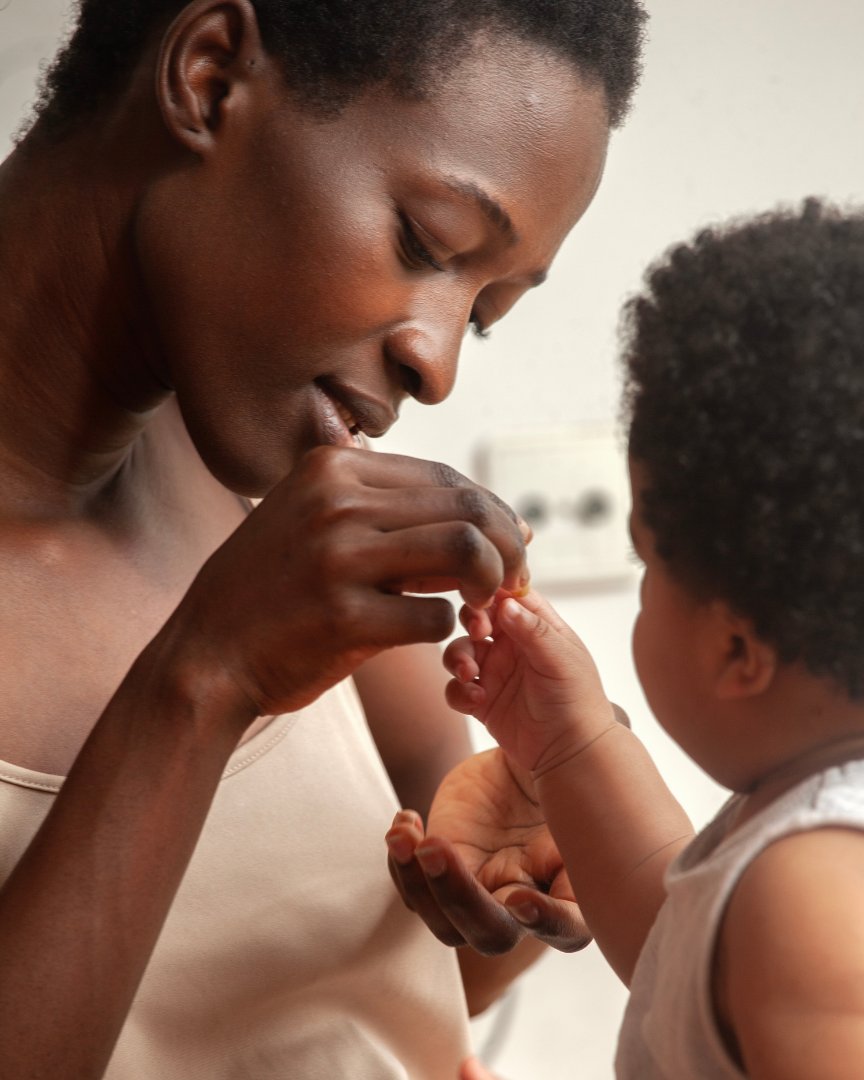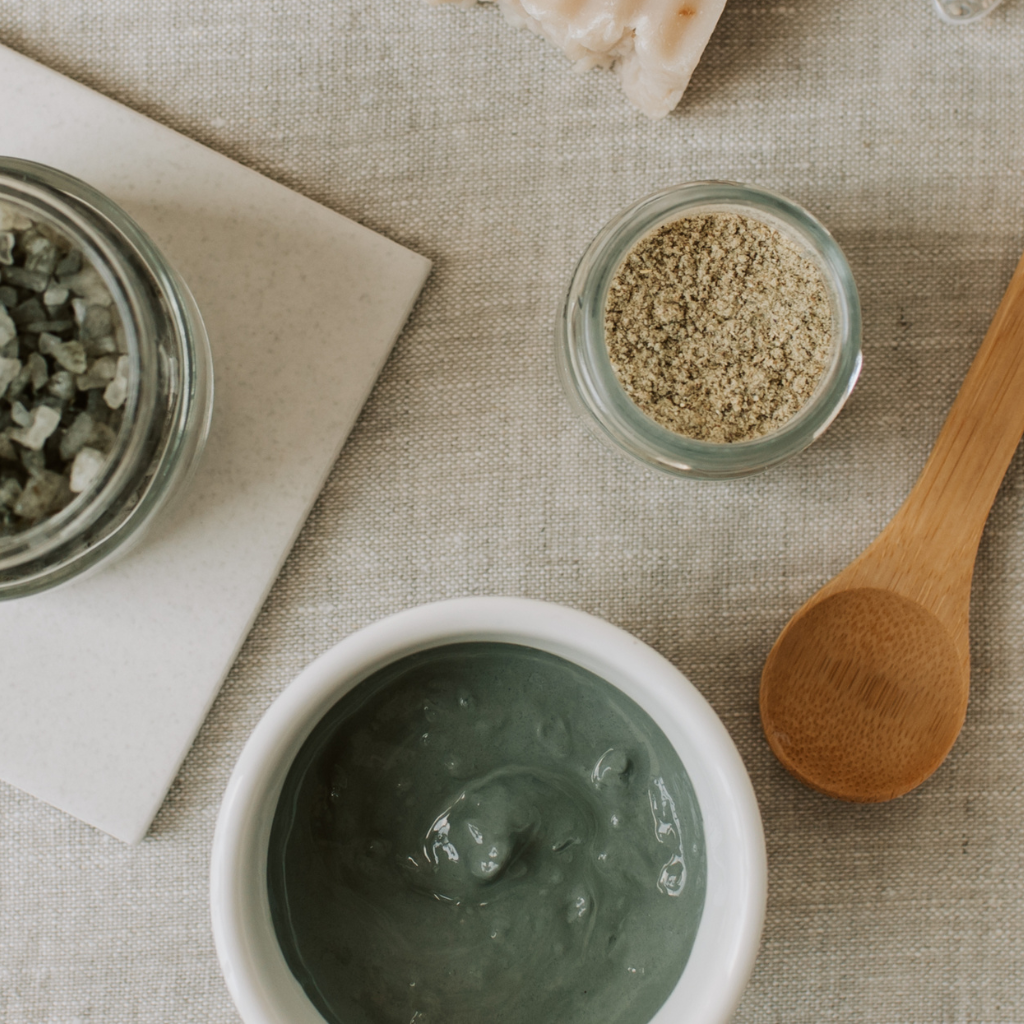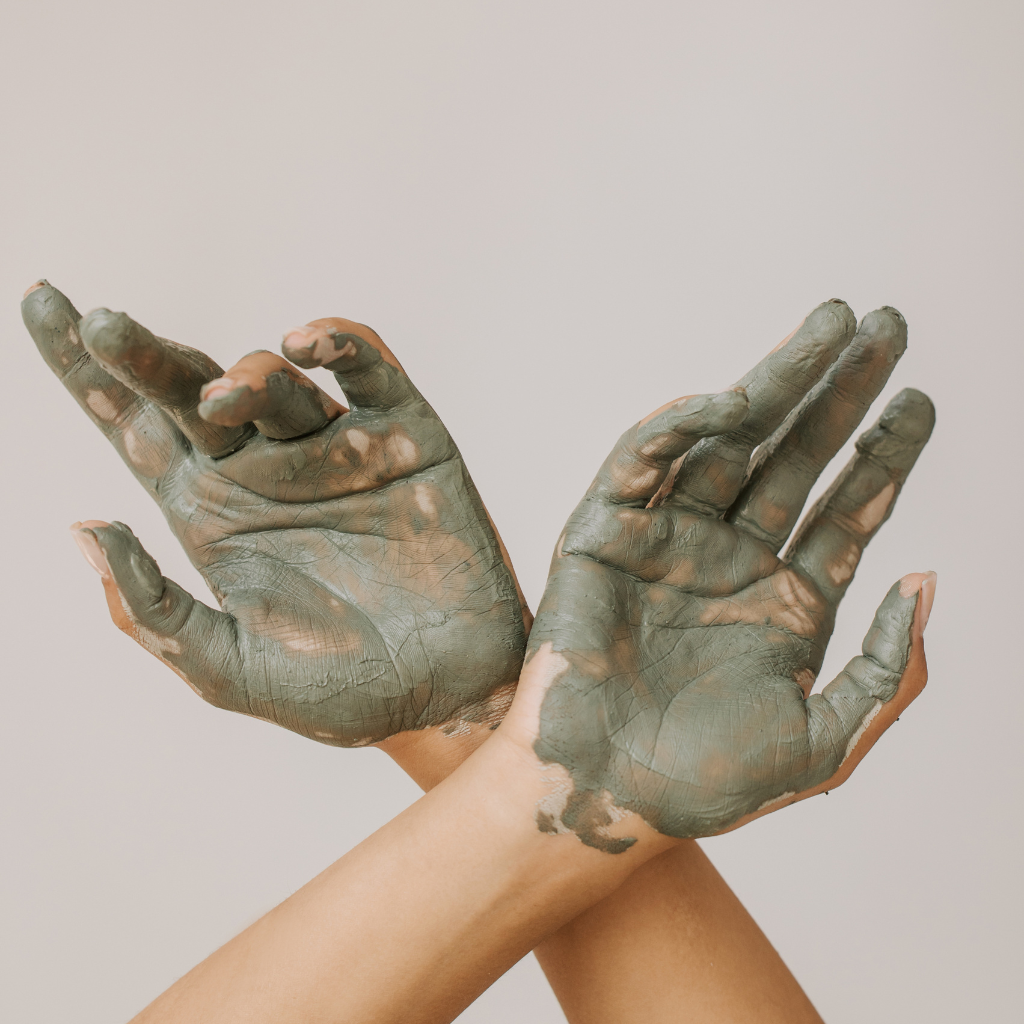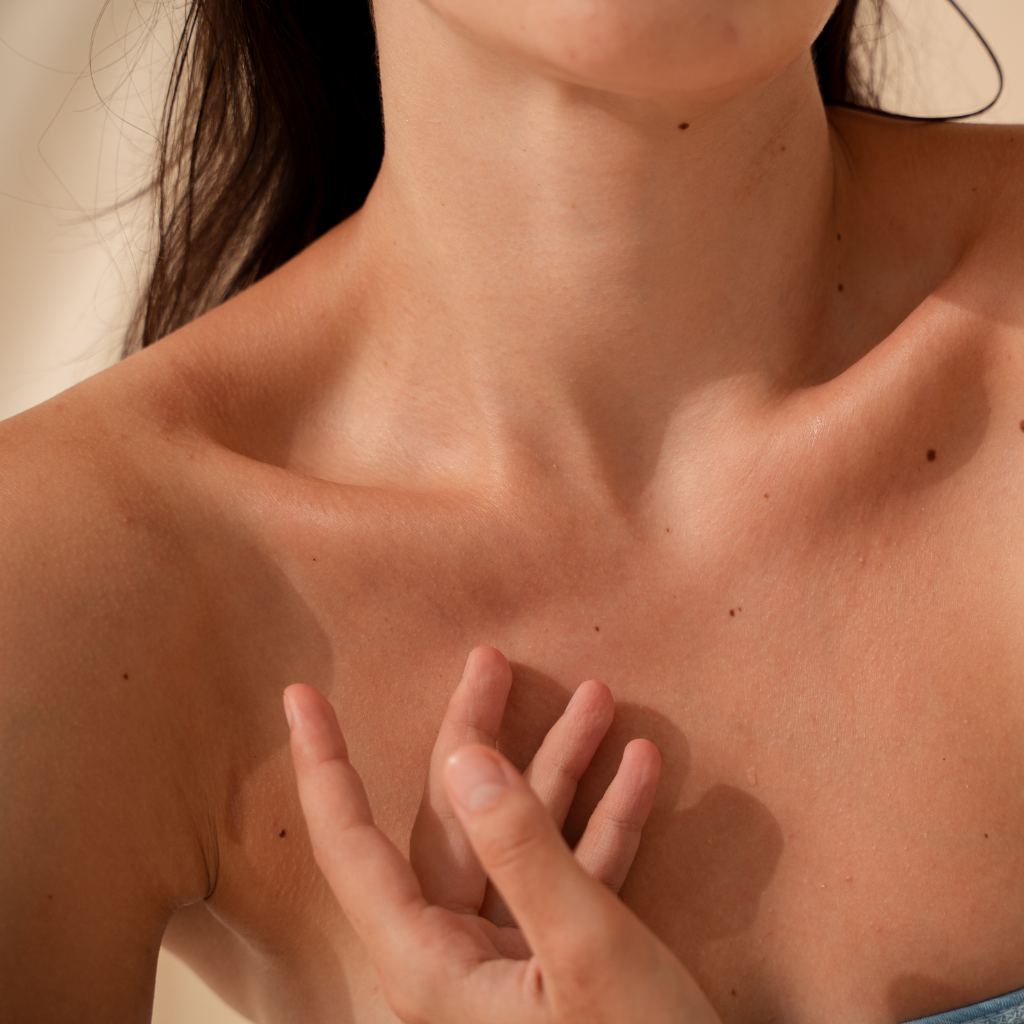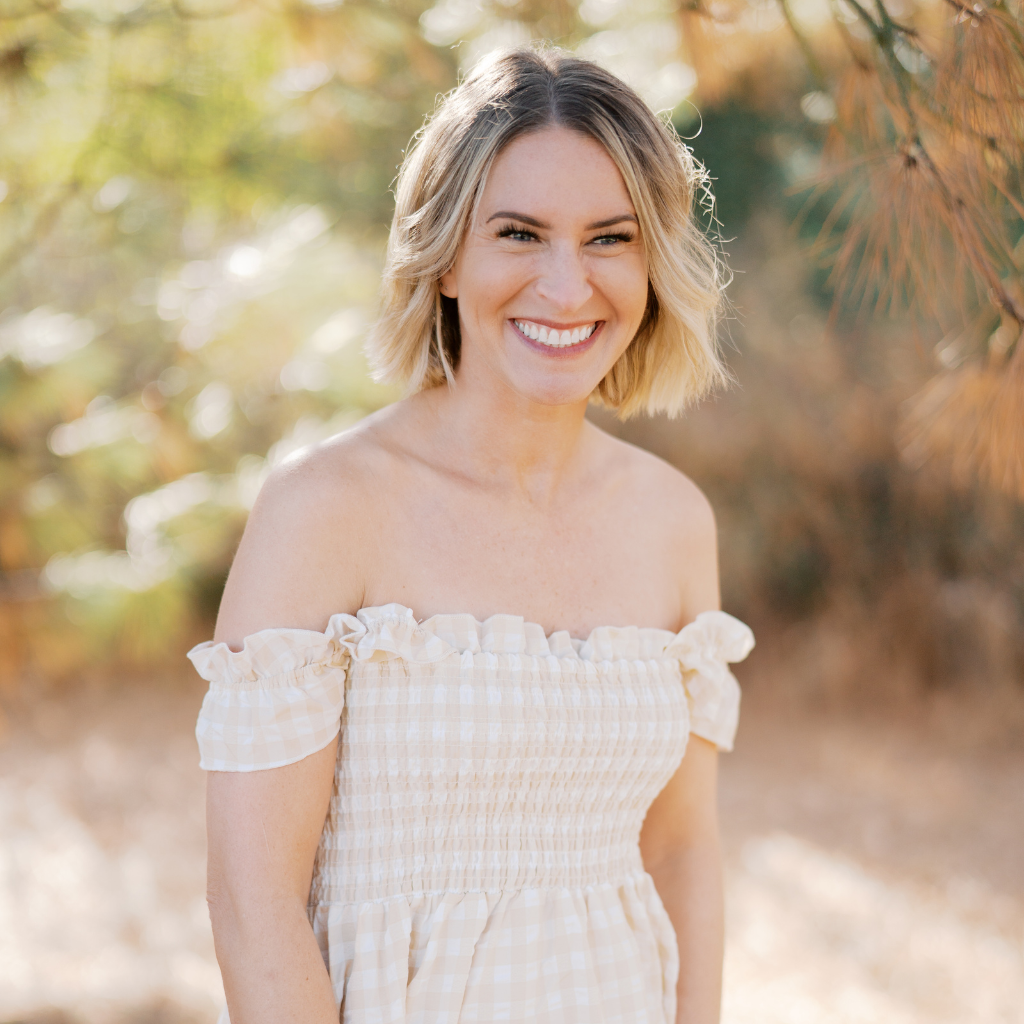In your search for eco friendly or vegan products… You may have noticed some ingredients pop up.
In your vegan "cheese", cashew seems to be the star ingredient. Leather? Vegetable alternatives are popping up left and right - plastic (and animal by-product) free! There are even marshmallows without gelatin that you can buy, replaced with tapioca and soy protein.
During the shopping trip where you throw all of these items into your cart, you spy the soap aisle. Traditionally, soap itself is often made with milk, lard, and honey… And luckily since then we’ve found alternatives.
So imagine this: you pick up a bar of soap advertising itself as vegan. You check the ingredient list just in case, and one stands out to you: palm oil. Huh. That sounds as plant-based as it gets. It must be eco-friendly… Right?
Unfortunately not. Just because it’s plant based doesn’t automatically make it green. Let’s get into what palm oil is, how it’s replaced in common household goods and why it’s not as good for the environment as the companies selling it would like you to believe.

What is Palm Oil?
Palm oil is pretty much exactly what it sounds like: the natural oil that comes from the pulp of palm tree fruit. These trees are native to West Africa, but most of the oil comes from production in Southeast Asia. While worldwide production in 2019 saw a staggering 81.6 million tons of the oil, the USDA foresees that production will only grow further.
So… Why is it so popular?
According to the IUCN (the International Union for Conservation of Nature), palm oil can be found in food, cosmetics, cleaning products, biofuel--and those vegan soaps you’ve found in the market. Although it is technically the highest produced “vegetable oil” in the world, it’s not necessarily an oil to cook with. Instead, mixed with other ingredients it helps to maintain the product’s shape through its temperature control--while still being safe for human consumption.
It’s popular because it’s cheap, it holds color and temperature well, and it’s flavorless. Specifically, it’s used in many soaps because it helps to separate the oil and dirt from hair or skin, while still keeping the skin moisturized.
It’s safe to say that companies have found multiple uses for the oil, as it’s estimated that up to 50% of common supermarket products contain it.
So… Why Is It Bad Again?
Considering how versatile palm oil is and how it technically does serve as an alternative to animal by-products and fat, it would seem that palm oil only has benefits. What seems to be the issue in producing it?
Well, this is one of those cases where the saying “too much of a good thing turned bad” seems to apply.
See, the problem isn’t necessarily with palm oil production in reasonable quantities… The issue is our reliance on it creating a very unsustainable farming system.
Going back to how we produced so much in 2019 (and is estimated to grow in demand 1.7% every year until 2050), agricultural production of palm oil currently encompasses 44 million of acres worldwide.
Even worse? Most of this land used to be natural forests.
Right now, much of the crop comes from countries like Indonesia and Cambodia. To clear out the forests to even out the land for the palm trees, much of the wildlife is (often illegally) burned away. This creates air pollution that has become as notorious in Indonesia’s cities as the air quality that is currently affecting our West Coast… Only: this is under the guise of “agricultural necessity.”
Moreover, the overturning of carbon-rich peat soils are emitting millions of tons of greenhouse gases. The combination of fire, burning vital trees to the forests’ ecosystems, and churning of soil could very well be the reason Indonesia’s air quality is one of the worst in the world.
Of course, as the animal-lovers we are, we have to also mention the other tragic by-product of these ghastly forest clearings... the destruction of endangered creatures’ habitat. Sumatran tigers, orangutans, and sumatran elephants--all creatures that are already heavily poached-- are in danger of going extinct for the production of this “wonder oil.”
What Can We Do?
So what can we do about palm oil production?
The bad news is: our markets are logistically unable to completely eradicate it. It’s ingrained in so many of our products that it would take quite some time to get rid of all trace.
The good news is: we don’t necessarily need to.
Palm oil itself is not killing the environment--the overproduction of it without sustainable regulations is. Similar to how almond milk production has become notorious for taking so much water from drought ridden California, it can be claimed that palm oil is only labelled “bad” because the popularity has caused it to be harvested in unethical ways.
How do we change that?
The obvious way to at least lower the palm oil production rate is to focus more on products that don’t have it. Ice cream brand Booja Booja boasts of not only vegan ice creams, but desserts with zero palm oil. Instead, they use agave or coconut to emulsify their delicious formula.
For that pesky question of what soap to buy, look no further than our multi-purpose cleansing bars!

What about sustainably sourced palm oil?
Unfortunately, there’s not really a good way to make eco-friendly palm oil when the methods of creating it require deforestation and environmental upheaval. Some products you see on the market may claim that they have “sustainable palm oil” but recent studies have found that such claims are false.
Natural Doesn’t Always Mean Good
Just because palm oil is vegan and “natural” doesn’t mean that it’s environmentally friendly… Especially at the rate we’re going with its farming.
Is palm oil something we can potentially cultivate into something green? Of course. But first… We need to go back to the beginning. We need to stop relying on palm oil as a primary ingredient in most of our products, finding balanced alternatives that are both vegan and have positive carbon footprints.
We have to explore the ways we grow not just our palm oil, but all of our crops in a way that’s high yielding without much damage to the environment around it.
Someday we might be able to ethically use palm oil, but for now… Skip that bar of soap.


